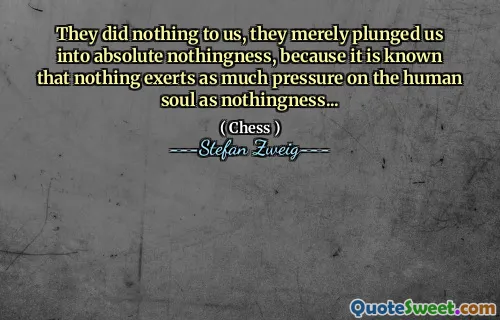Chess is a strategic board game that has captivated players for centuries. It involves two opponents who control 16 pieces each, including a king, queen, rooks, knights, bishops, and pawns. The objective of the game is to checkmate the opponent's king, putting it in a position where it cannot escape capture. The game is played on an 8x8 grid, and each type of piece has its own unique movements, requiring players to develop tactics and strategies to gain an advantage.
Throughout history, chess has evolved, with various styles of play emerging across different cultures. The game is not only a test of skill but also of psychological endurance, as players must anticipate their opponent's moves and plan several steps ahead. Tournaments and championships showcase the highest levels of competition, attracting enthusiasts and grandmasters alike, and the rise of online chess has made the game accessible to a global audience.
Chess serves various purposes beyond competition; it is often used as a tool for education and cognitive development. Playing chess can improve critical thinking, problem-solving skills, and mental discipline. Many schools incorporate chess into their curricula to enhance students' learning experiences. Overall, chess remains a timeless challenge that continues to inspire players of all ages to engage in this intricate battle of wits.
More »
Today Birthdays
1955 -
Max Lucado
1946 -
John Piper
1842 -
William James
1907 -
Abraham Joshua Heschel
1887 -
Aldo Leopold
1755 -
Alexander Hamilton
1976 -
Alethea Kontis
1971 -
Mary J. Blige
1825 -
Bayard Taylor
1943 -
Jim Hightower
1885 -
Alice Paul
1923 -
Carroll Shelby
1928 -
David L. Wolper
1954 -
Kailash Satyarthi
1972 -
Amanda Peet
1946 -
Naomi Judd
1970 -
Malcolm D. Lee
1955 -
Christian Marclay
1973 -
Rahul Dravid
1987 -
Jamie Vardy
1942 -
Clarence Clemons
1992 -
Fatima Sana Shaikh
1948 -
Larry Harvey
1930 -
Rod Taylor
